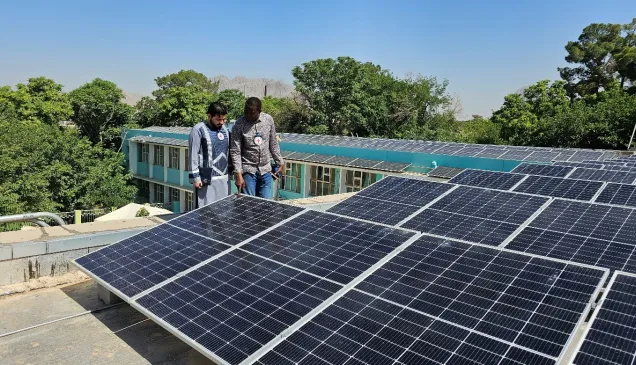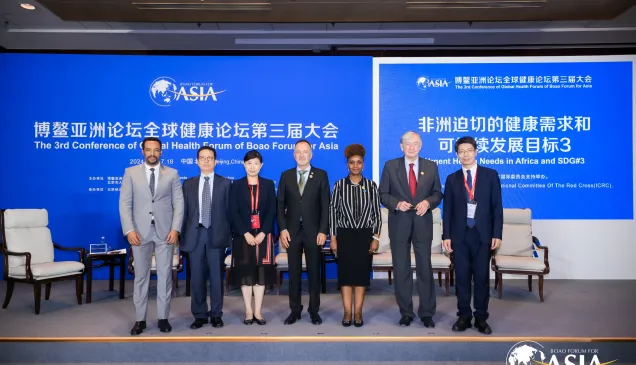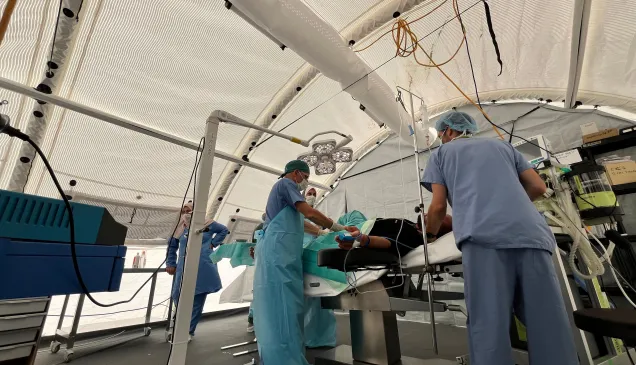South Sudan: The Economic burden of coping with the disappearance of loved ones
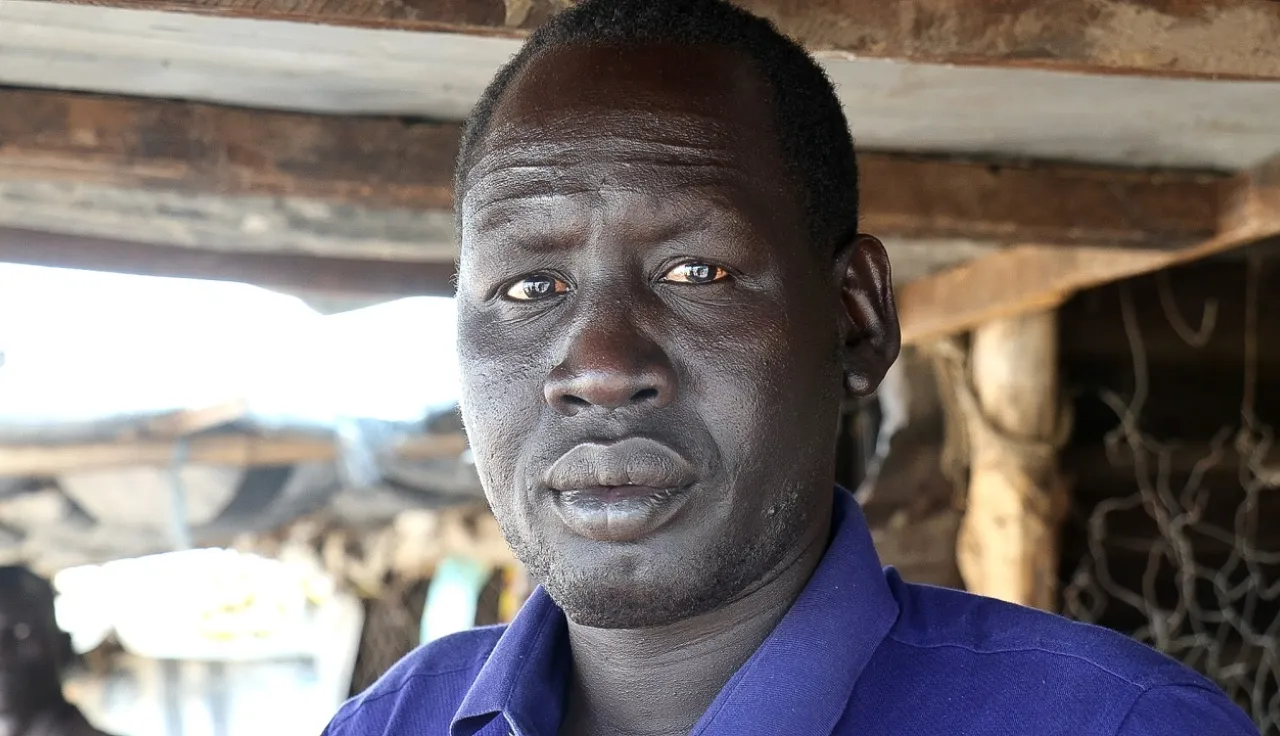
Riak is a father of 10 children living in a camp designated for internally displaced people in Bentiu, Unity State. Being a breadwinner, Riak has been struggling for years to support three families – his own, his in-laws, and the wife and children of his uncle, who went missing in 2016 amid the fighting in Juba. Displaced from his home in Mayom County by conflict in 2013 and has been living in another camp for six years, Riak could hardly make ends meet.
Once a businessman for years trading mixed goods on a small scale, Riak lost everything because of the conflict. Riak's uncle was a soldier and went missing after being deployed to the battlefield following the 2016 fighting in Juba. He had been missing for four years without any trace, leaving his wife, children, and mother in total despair. A year later, the teenage brother of Riak's wife, who was supporting his parents, also went missing. The disappearance of two close family members in less than two years was one of the hardest situations Riak had to deal with. He had no choice but to support all his relatives.
In 2019, through the family tracing services of the ICRC, Riak's uncle was identified, and he managed to speak to him over the phone. Although Riak was happy that he managed to get in touch with his uncle, he had to continue supporting his family. There has been no news about the whereabouts of his brother-in-law. Riak and his wife still wish to find him someday, bringing closure to their years of agony, wondering and distress.
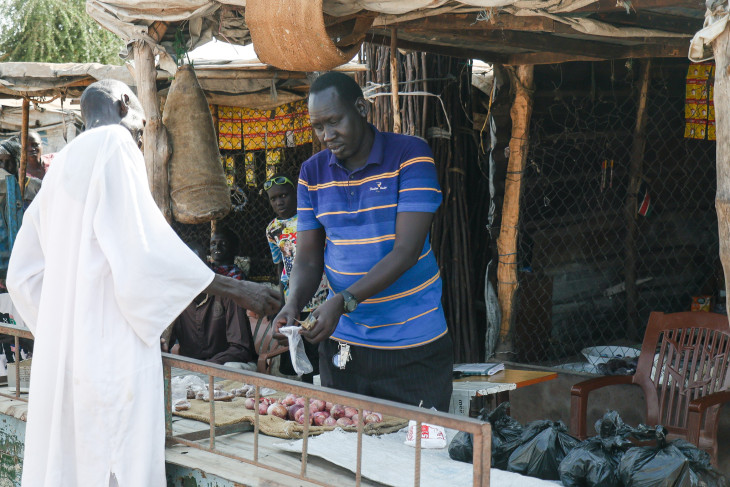
Riak at his makeshift shop attending the customer in Bentiu town, Unity State, South Sudan Photo: ICRC/Junior Ali-2023
Recently, Riak was supported by ICRC to restart his small business and get back on his feet to hold up his extended family. Now at the camp, he has a modest makeshift stall selling onions, lentils, sugar, tea leaves, sweets, spices, dried fish, and charcoal. Riak's friendly and warm nature has made his stall quite popular in the area. He is on his feet from morning to evening, attending to his customers and stocking up on the items to meet his community's demand.
"I feel some relief. The ICRC has helped me re-start my small business to support my family and to reduce the economic burden which was draining me off" said the 42-year-old Riak.
"The ICRC tries to support in numerous ways when a family member goes missing and micro economic support is one of them. At the same time, the ICRC recognizes the complex nature of loss, the state of perpetual suffering, and the specific needs that arise from it," says Rim Hachem, ICRC specialist for the Micro Economic Initiative project in South Sudan.
Being separated from your loved ones and not having any information about them is one of the most tormenting situations anyone can bear. People have the right to know the fate and the whereabouts of their missing relatives and to be informed about the progress and results of the search. Not having any knowledge can have an emotional toll on families – making them live in agony and affecting their ability to move forward with their lives. It sometimes creates immense suffering especially if the missing person is the sole provider for the family.
Today, the ICRC, together with the South Sudan Red Cross, is conducting searches for over 6,000 persons who went missing in South Sudan, mainly in relation to armed conflict and violence. Between 2011 and 2022, the fate of over 4700 missing persons was clarified.

